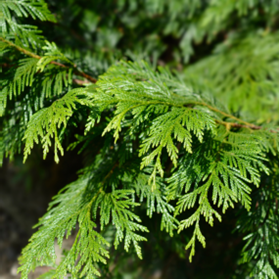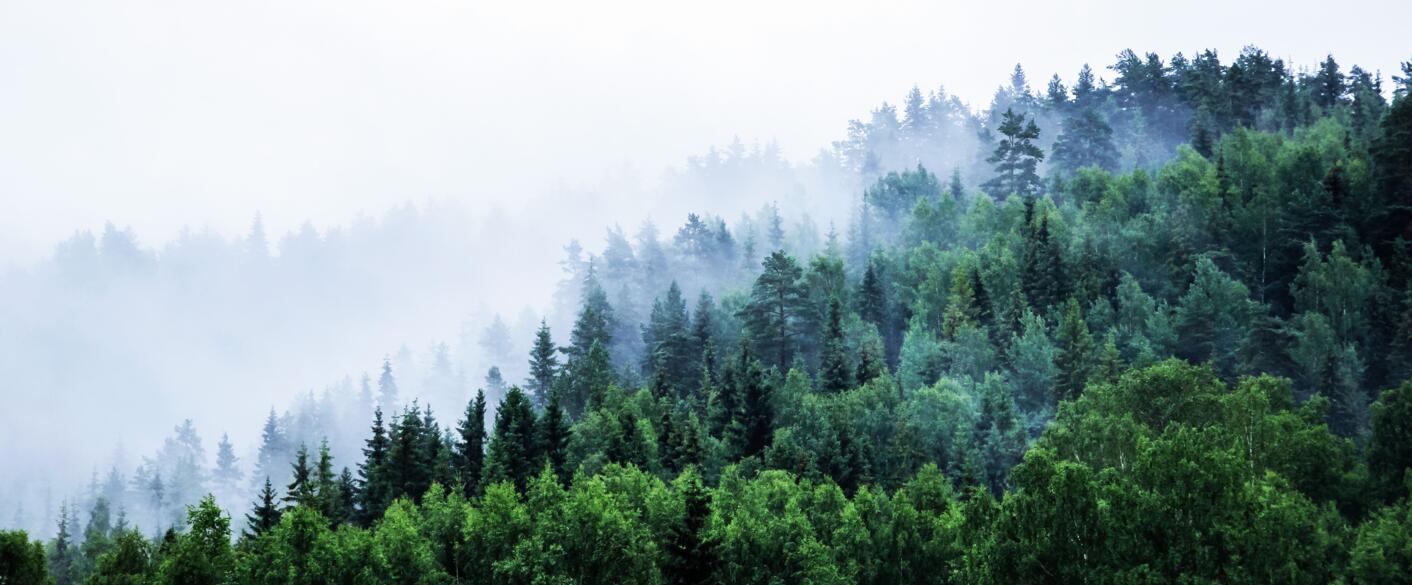Douglas fir is a type of wood that is particularly well suited to exterior cladding thanks to its strength, durability, and natural aesthetic appeal. Long used for wooden facades, it appeals to architects and homeowners alike for its technical qualities and warm appearance.
In this comprehensive guide, our expert Yvon Debeaumont answers all your questions about Douglas fir wood cladding: characteristics of the wood species, advantages, installation tips, choice of finishes, and maintenance. Whether you are planning a new build, an extension, or a renovation, discover how to achieve durable, attractive, and high-performance Douglas fir wood cladding.
Key points to remember:
- Douglas fir (or Oregon pine) is a robust and durable wood species, now grown in France and PEFC certified. Its rapid growth, natural durability (class II), and dimensional stability make it a preferred choice for wood cladding.
- Thanks to its mechanical strength and good outdoor performance, Douglas fir is ideal for wooden facades, frames, and terraces, provided that the sapwood is removed and it is installed with adequate ventilation.
- The aging of Douglas fir wood cladding can be controlled using non-film-forming saturators (wood tone or pre-grayed), which protect the wood while preventing flaking.
- Douglas fir wood cladding can be installed vertically or horizontally, depending on the desired aesthetic effect. Each method requires particular attention to water drainage, chamfering, and the positioning of the boards to ensure durability and stability.















